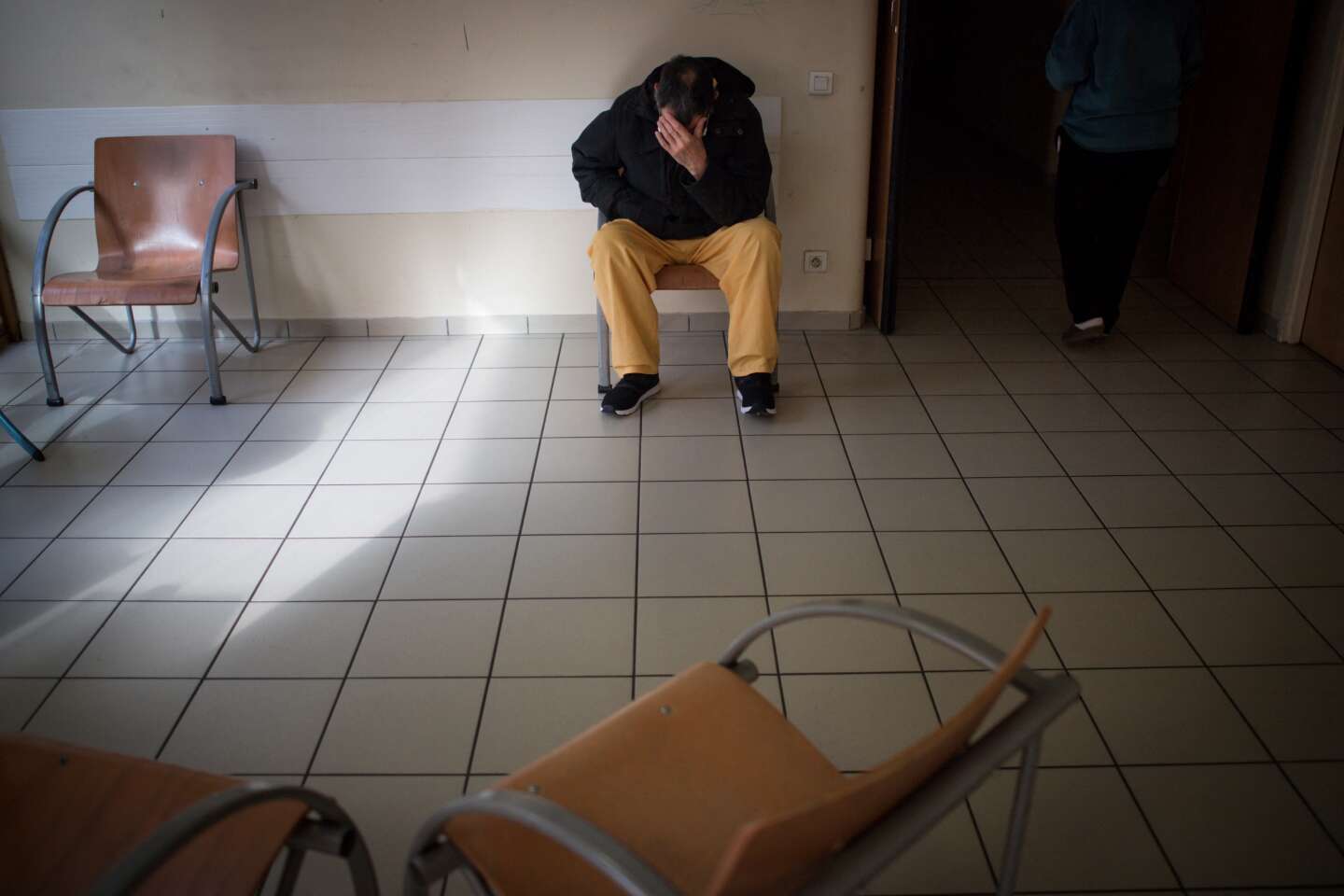
This includes hunting for “rabbit posers” in the doctor’s office and “authorize” the patients. To address the increase in last-minute cancellations, the Senate passed the patient penalty policy by voting on a proposed amendment on Thursday, November 16th “Increase a flat rate for insured persons who do not attend an appointment in community care.”. This amount, known as the “rabbit tax,” would be paid in part by health insurance to affected health care professionals.
The change was voted on as part of the Social Security Financing Bill (PLFSS) for 2024, which was considered this week at the Palais du Luxembourg.
The government has given a negative opinion on the proposed mechanism and may reject it since Article 49.3 has been activated in the National Assembly and the PLFSS is to be adopted without a vote. But he was open about the issue.
“This issue must be referred to conventional negotiations”said Health Minister Aurélien Rousseau, explaining that this was not the case “Didn’t find the solution” This would allow patients to be treated fairly according to their appointment booking method (platforms such as Doctolib, telephone, etc.). However, he said ” very sensitive “ on the subject.
Medical franchises: “No decision made”
To make their decision, the Senate majority – right and center – relied on figures from the Academy of Medicine and the National Council of the Order of Physicians: These organizations estimate the proportion of patients at 6 to 10% who would not show up for their health appointments.
On Thursday, the Senate also questioned Health Minister Aurélien Rousseau about the possible doubling of deductibles for medical purposes – the insured person must pay the rest when he buys medication (50 cents per pack) or when he visits a doctor (1 euro). per consultation).
As previously mentioned, this increase does not currently appear in the PLFSS: “The decision has not been made yet”, explained Aurélien Rousseau. The minister assessed the impact of the measure “17 euros per year on average” for the insured person.





